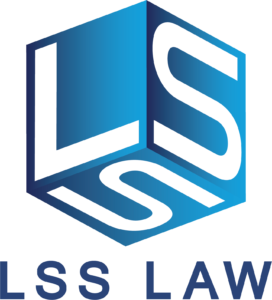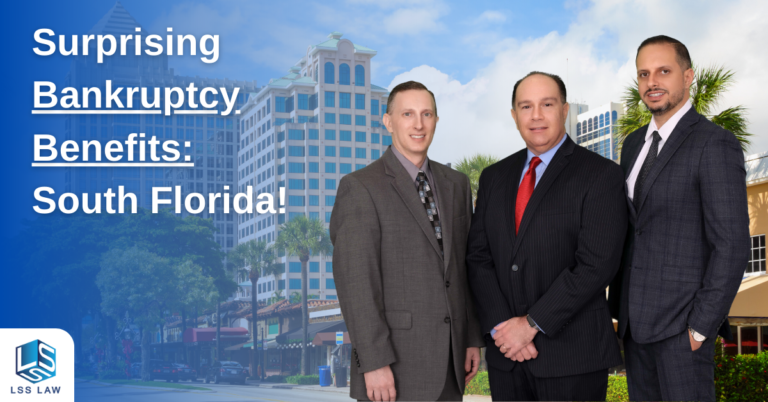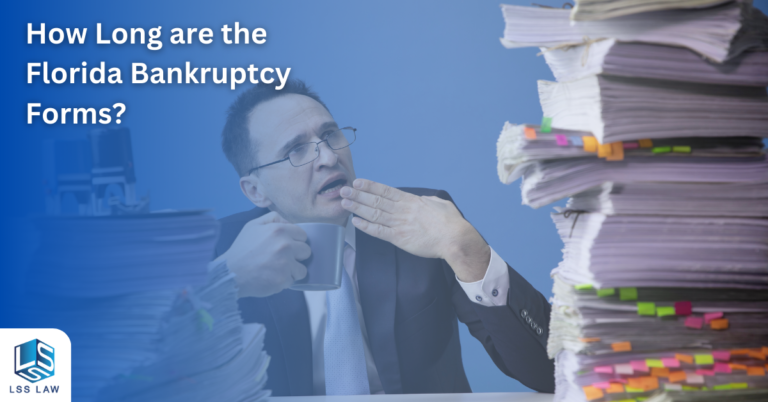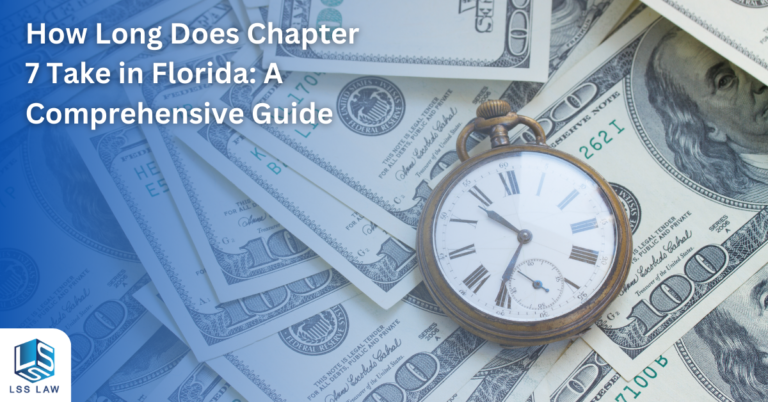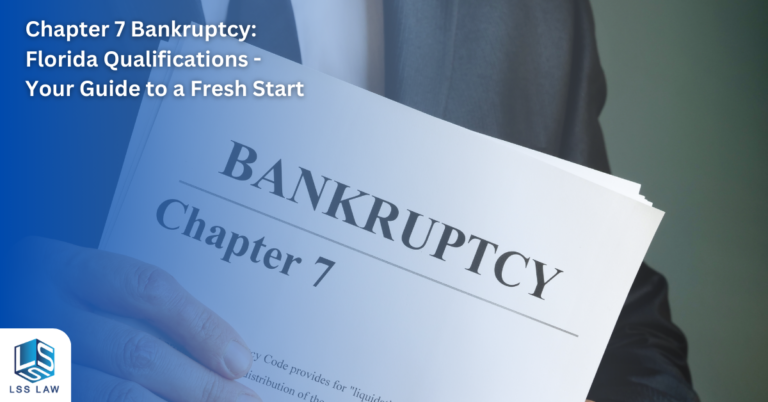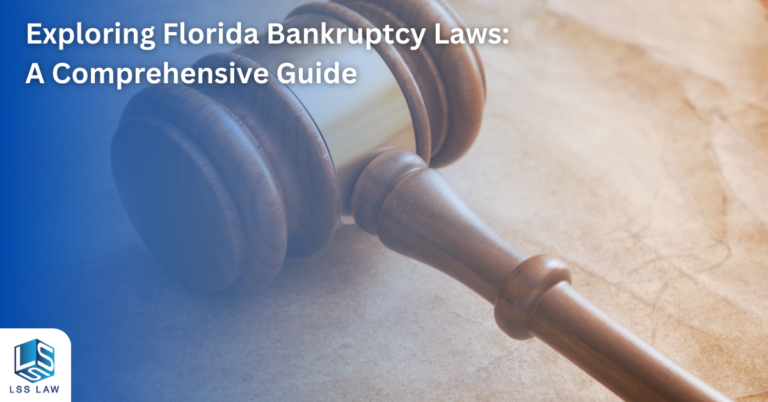Are you in a lot of debt? Are you having financial problems? Are you tired of constantly getting phone calls from your creditors?
For each bankruptcy petition, state laws vary widely. We recognize that this is a very personal decision and you might be worried about keeping certain assets. You might also be worried about how bankruptcy could negatively impact your credit report.
If you’re looking for a completely honest way to fix your financial situation, we recommend you keep reading. In certain circumstances, taking legal action with a bankruptcy attorney might be a fantastic option for getting the financial monkey off your back and finally enjoying a debt-free life!
Declaring Bankruptcy – Chapter 7 Benefits
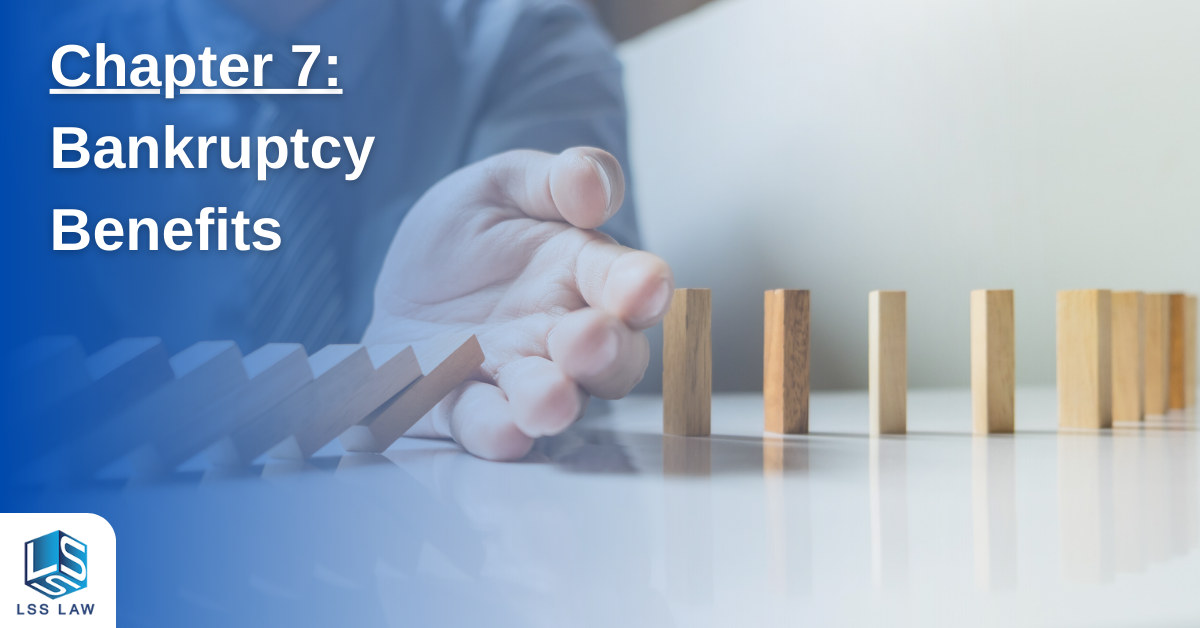
Chapter 7 bankruptcy is often used when individuals cannot pay off their debts due to medical problems (medical bills), job loss, divorce, etc. This type of bankruptcy allows debtors to keep certain assets (such as real estate) and avoid repossession of personal property.
Chapter 7 bankruptcies are often referred to as “liquidation” because everything goes through the court system. This includes assets, debts, income, and expenses. However if a debtor can pass the Means Test and go through with Chapter 7, there are some benefits.
During a bankruptcy, debtors will be interacting with the Chapter 7 bankruptcy trustee, who will oversee the liquidation of assets owned by the debtor. This includes selling off any real estate, cars, furniture, jewelry, etc., and distributing the proceeds among creditors. A Chapter 7 trustee may also sell off personal property such as clothing, electronics, appliances, and other items. These sales generate money for the trustee, which they distribute to creditors according to the court order.
Here are the pros and cons of filing a chapter 7 bankruptcy in South Florida.
Chapter 7 Bankruptcy Pros of Filing
When you file for Chapter 7 Bankruptcy, the “automatic stay,” which stops all collection efforts from your creditor, goes into effect. This means that once your bankruptcy petition is filed, your creditors cannot contact you or attempt to collect any debt from you.
They can’t even threaten to report you to a credit reporting agency. All of those actions are stopped while you’re under the protection of the automatic stay. You’ll also avoid paying interest on your debts. And you’ll avoid the hassle of dealing with collections agencies. All of these benefits mean that you’ll save thousands of dollars over the course of your bankruptcy.
Once you file for bankruptcy, all your dischargeable debts will be wiped clean. That means you’ll never have to worry about paying them again.
This is especially useful if you’ve got a bunch of medical debt that isn’t covered by insurance. Or maybe you owe tax debts and you’d rather wipe those off the books instead of having to deal with the IRS. Keep in mind that not all tax debts are dischargeable. The biggest benefit of declaring bankruptcy is that you’ll be able to stop worrying about paying back your creditors.
You’ll never have to worry again about being sued for failing to repay your debts. And you’ll never have to stress over repaying your creditors. So if you’ve got a ton of debt and you’re thinking about filing for bankruptcy, consider doing it sooner rather than later.
Chapter 7 Bankruptcy Cons of Filing
When you file for Chapter 7, you can’t get rid of student loan debt or child support payments.
Filing for Chapter 7 bankruptcy does impact your credit score. The length of time it takes to complete the bankruptcy depends on the amount of debt you owe and the number of creditors involved. Your credit score will go down temporarily after you file for Chapter 7. But once the bankruptcy is completed, your credit score will return to normal or in many cases, be even better!
Declaring Bankruptcy – Chapter 13 Benefits
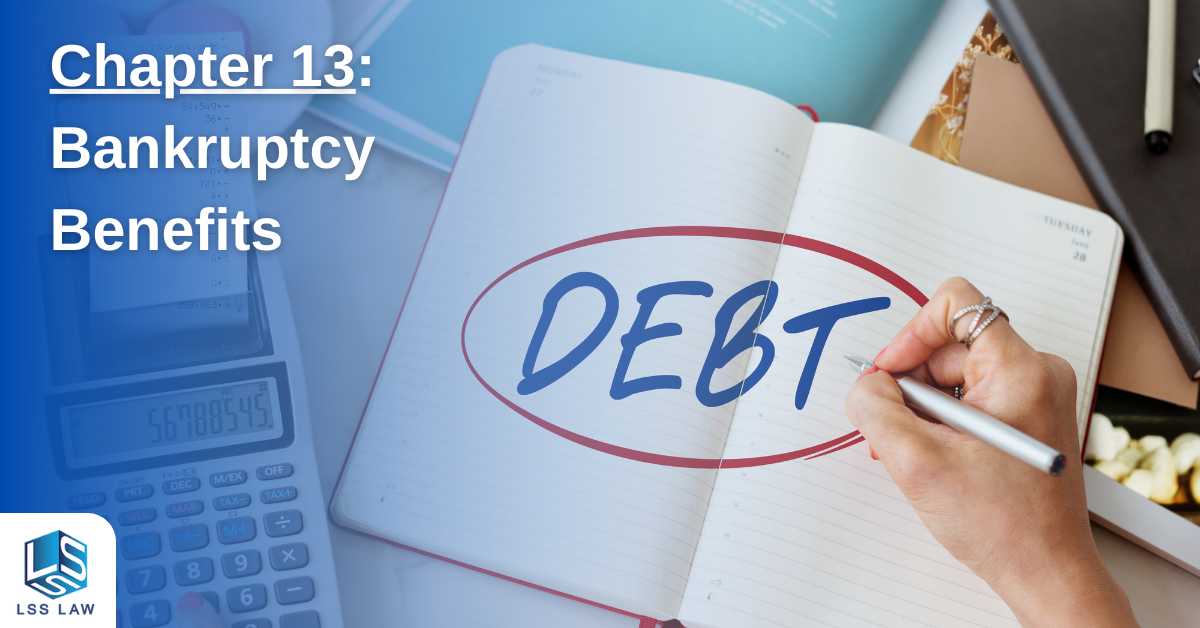
Chapter 13 bankruptcy is a payment plan where you repay your debts over 3 years. During this time, you must pay certain amounts every month to the Bankruptcy Trustee.
You’ll have to go through the Means Test to determine if you qualify for chapter 13 bankruptcy. If you pass the means test, you’ll have to monthly payments to the trustee. They will then distribute your payments to your creditors.
After you finish the repayment plan, you’ll receive a Discharge Order from the Court. This order permanently stops any collection efforts from being made against you. You’ll no longer owe any dischargeable debts.
There are pros and cons to filing a Chapter 13 bankruptcy.
Chapter 13 Bankruptcy Pros of Filing
One of the biggest benefits of filing a Chapter 13 bankruptcy is that it allows you to keep most of your assets. Filing a Chapter 13 bankruptcy is a great option for anyone who wants to save their house, car, boat, etc.
Chapter 13 Bankruptcy Cons of Filing
There are certain debts that cannot be discharged through a Chapter 13 bankruptcy. Some of those include student loans, medical bills, tax debts, any debt incurred due to fraud, child support, and other debts.
You’ll also have to attend several hearings throughout the year where the judge reviews your progress. If you fail to comply with the terms of your repayment plan, you may face additional penalties.
One downside to filing Chapter 13 is the length of the process. There is no specific timeline associated with the process, but it usually takes at least two years. During that time, you must submit regular reports to the court regarding your income and expenses.
No-Cost, No-Obligation Bankruptcy Strategy Session – Contact Us
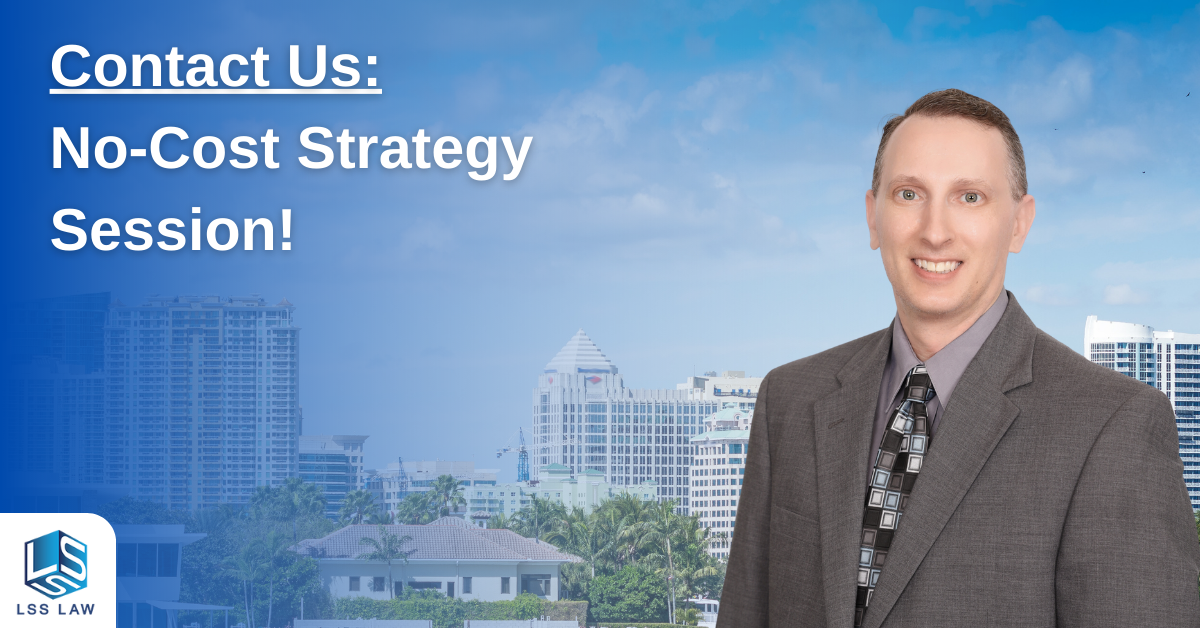
In conclusion, there’s nothing wrong with seeking help from a professional if you need it. However, it’s important to know exactly what type of assistance you’re signing up for. For example, many credit counseling agencies may not be equipped to solve your problem. While these types of services might be helpful for some, they aren’t necessarily right for everyone.
Before you sign anything or pay attorneys fees, make sure you fully understand what each option entails. This includes knowing whether or not you qualify for the program, as well as understanding the terms and conditions associated with each plan. In order to ensure that you choose the right service for your situation, you’ll want to speak with someone who has extensive knowledge of how to solve your problem.
Contact a bankruptcy attorney at LSS Law today for a no-obligation strategy session. We’ll help you through the bankruptcy court processes and help to fix your debt problems. We specialize in helping individuals navigate through financial crises, and we’d love to hear from you!
Bankruptcy Filings — Frequently Asked Questions
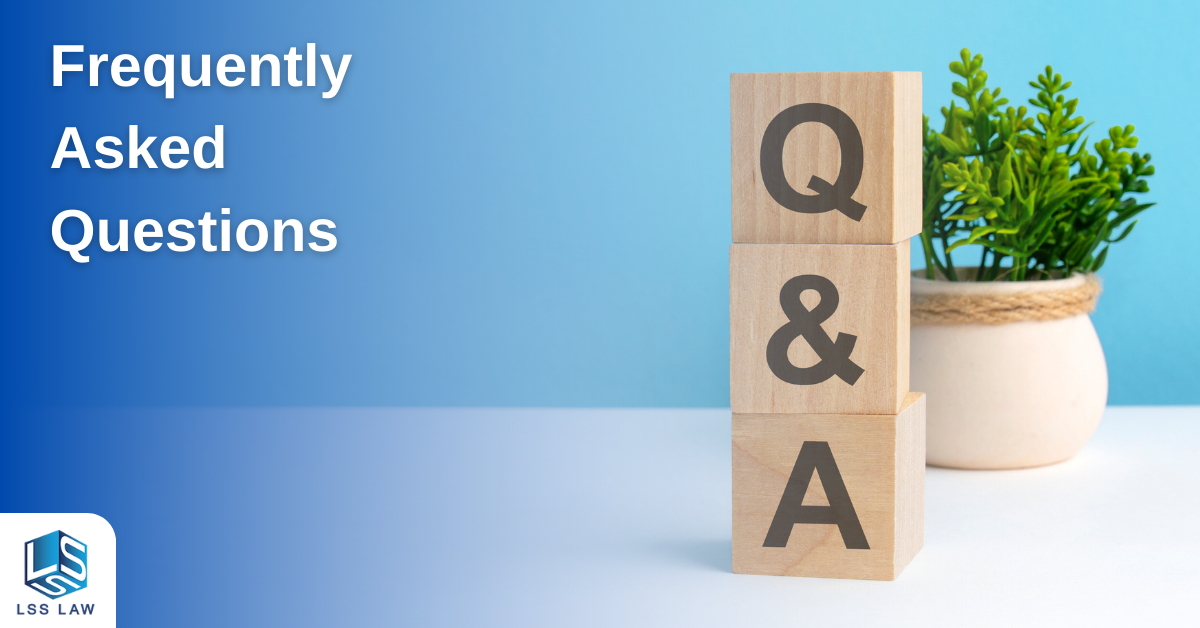
What will I see on my credit report after filing for bankruptcy?
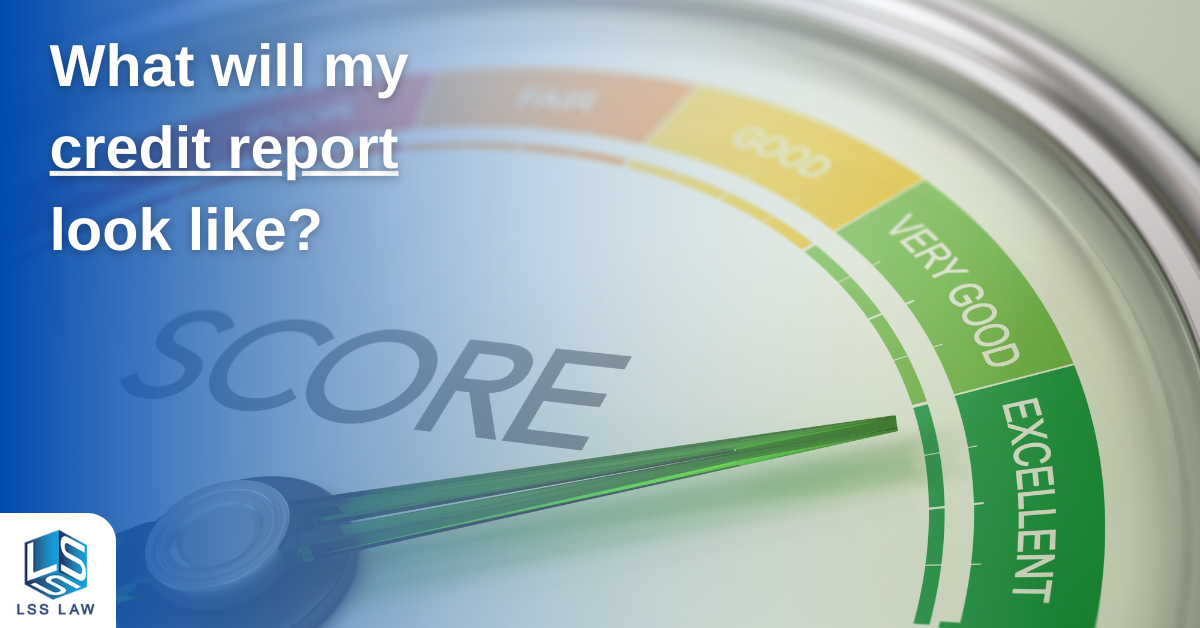
Your credit score may drop slightly immediately following a Chapter 7 or Chapter 13 bankruptcy filing. However, your overall credit rating should improve within six months and may be even better than before you filed.
Can I keep my car?

In many cases, you can keep your car in a Chapter 7 Bankruptcy. However, you may lose certain benefits associated with owning a vehicle such as insurance coverage. Also, depending upon the type of loan you took out to finance your vehicle, you may be required to pay off the entire balance of the car loan prior to discharge.
What are the advantages of filing for bankruptcy?
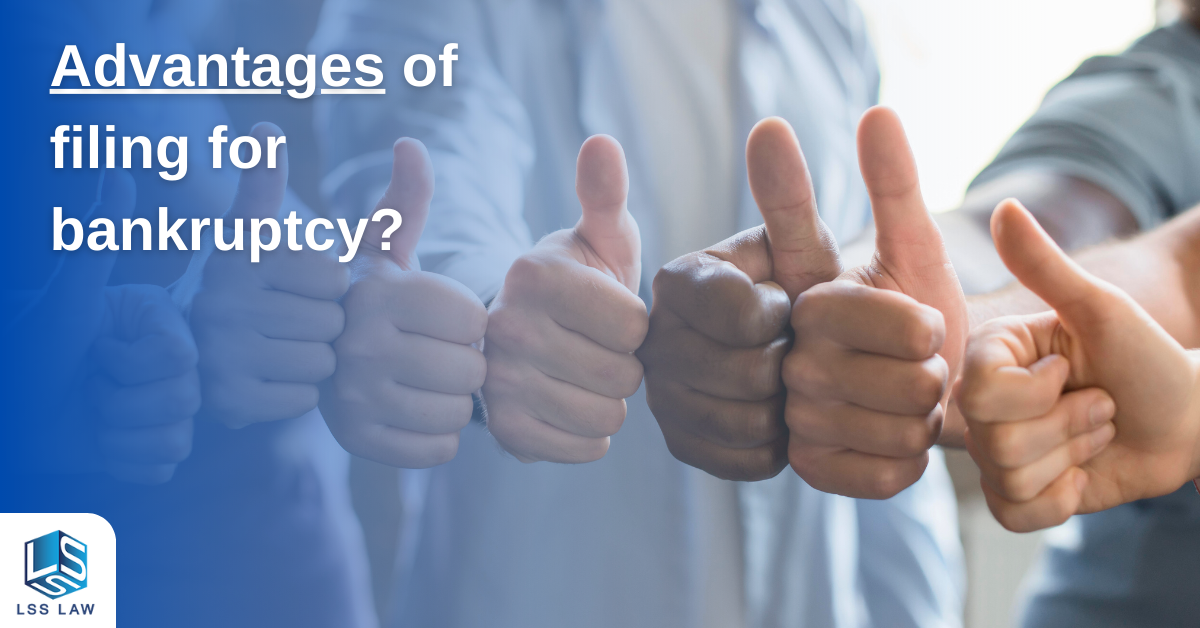
The biggest advantage of filing for bankruptcy is that it lets you wipe away dischargeable debt like credit card bills. Once these debts are gone, you can focus on paying off secured debt like mortgages and auto loans. Another big advantage of filing for bankruptcy protection is that it prevents creditors from taking legal action against you. Creditors may try to collect money from you by garnishing wages, seizing property, or suing you. By filing for bankruptcy, creditors cannot take any of these actions.
Will my employer find out if I file for bankruptcy?
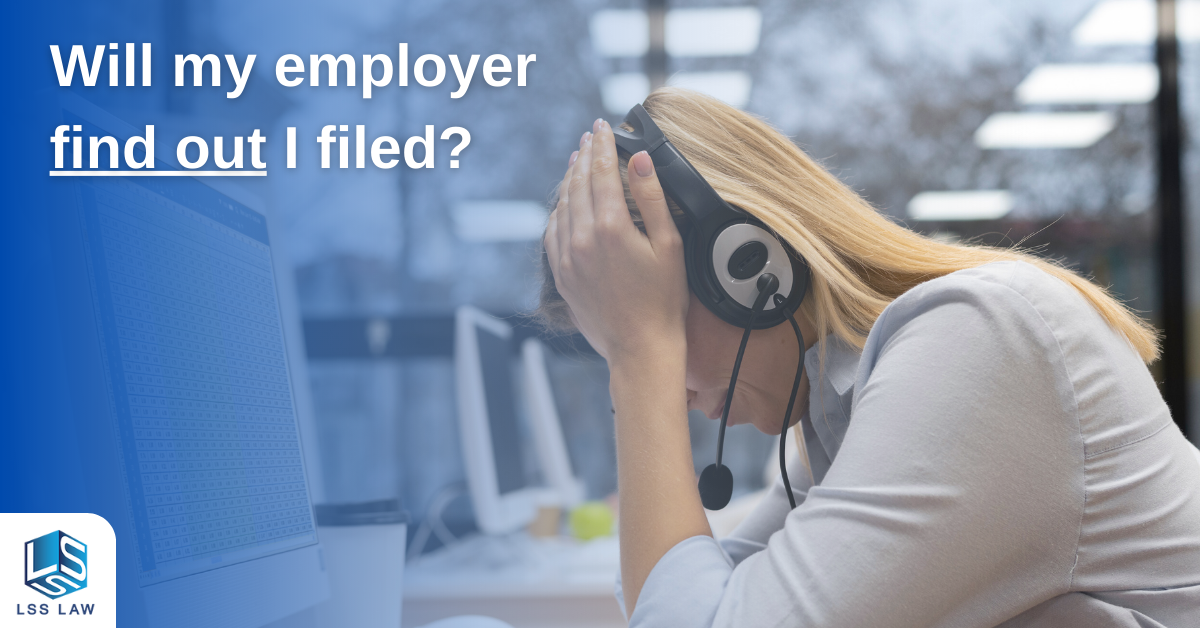
You cannot lose your job solely because you filed for bankruptcy. Your employer would only find out that you filed for bankruptcy if they were looking because bankruptcy is a matter of public record.
What is the process of filing bankruptcy?
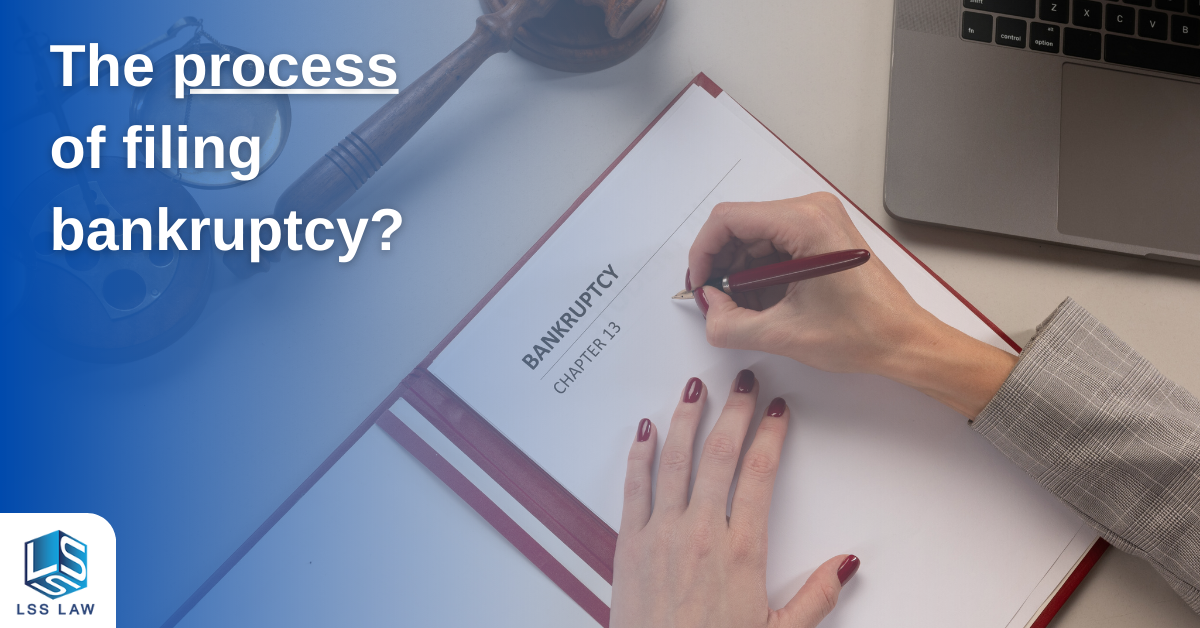
At LSS Law, we make the process to file for bankruptcy quite simple. To get debt relief from your creditors, we first offer a no-cost, no-obligation bankruptcy strategy session where we take an in-depth look into your financial situation and plan out a bankruptcy strategy that gives you the best possible results. Then, we collect any required information dictated by the Florida bankruptcy code. We’ll prepare your documents and (as long as it makes sense) we will file your bankruptcy petition. After the allotted time correlated with each chapter, you’ll receive your discharge and your debts will be eliminated.
Can I get a mortgage after filing for bankruptcy?
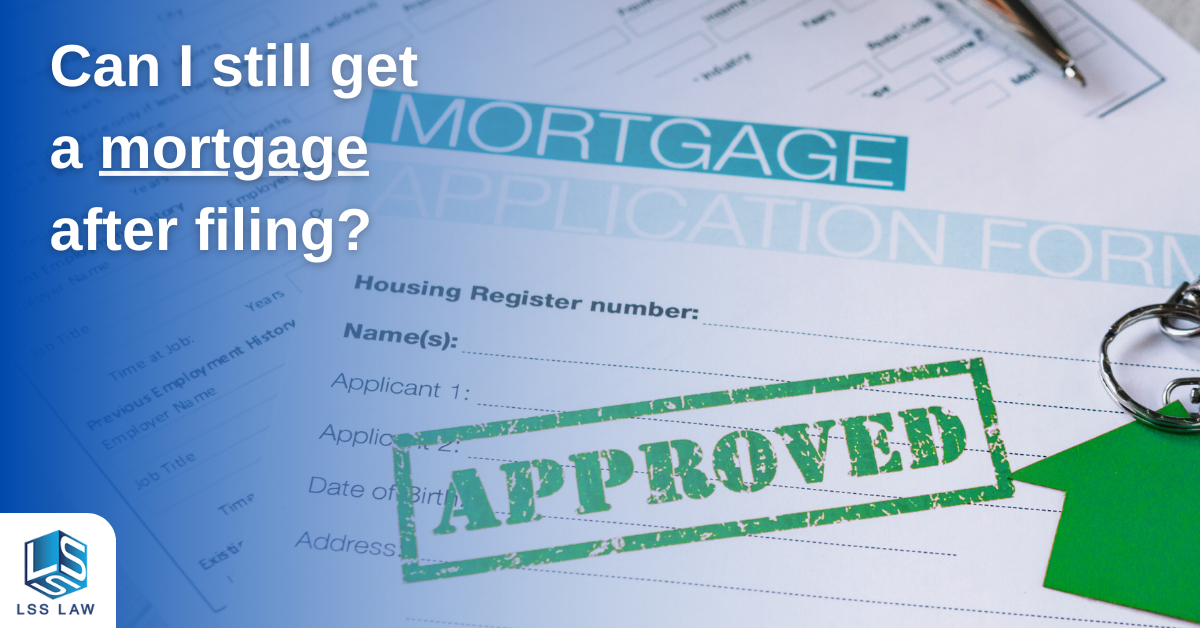
Filing for bankruptcy will temporarily hinder your ability to acquire unsecured debt. Some examples of unsecured debt are mortgages, personal loans, and anything that isn’t backed by collateral. To be more specific, banks or mortgage companies may not want to take the risk of providing you with a mortgage after seeing a bankruptcy filing in your credit record. However, with the right habits, you can quickly build back your credit score to a place where both banks and mortgage companies are more than willing to provide you with a mortgage loan.
Right now I can’t pay my debts. Is bankruptcy an option?
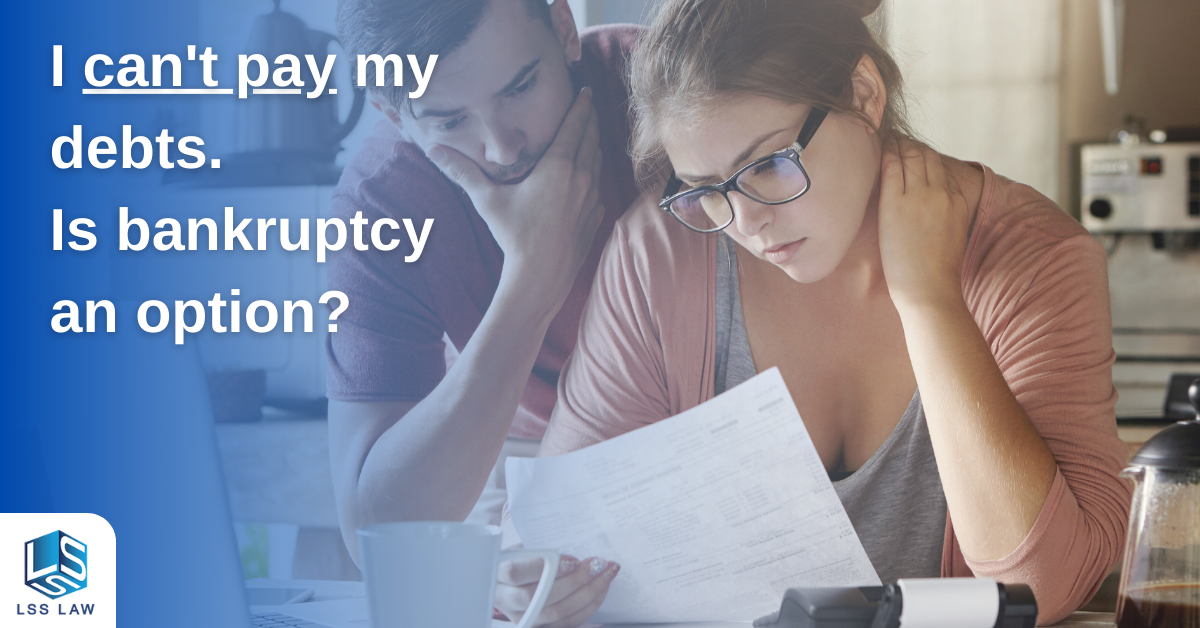
If you can’t pay your debts and you truly don’t know what to do, filing for bankruptcy is definitely an option. Depending on which chapter you file, Chapter 7 bankruptcy or Chapter 13 bankruptcy, you could potentially eliminate all of your debt. However, there is some debt that cannot be discharged.
What are the disadvantages of filing for bankruptcy?
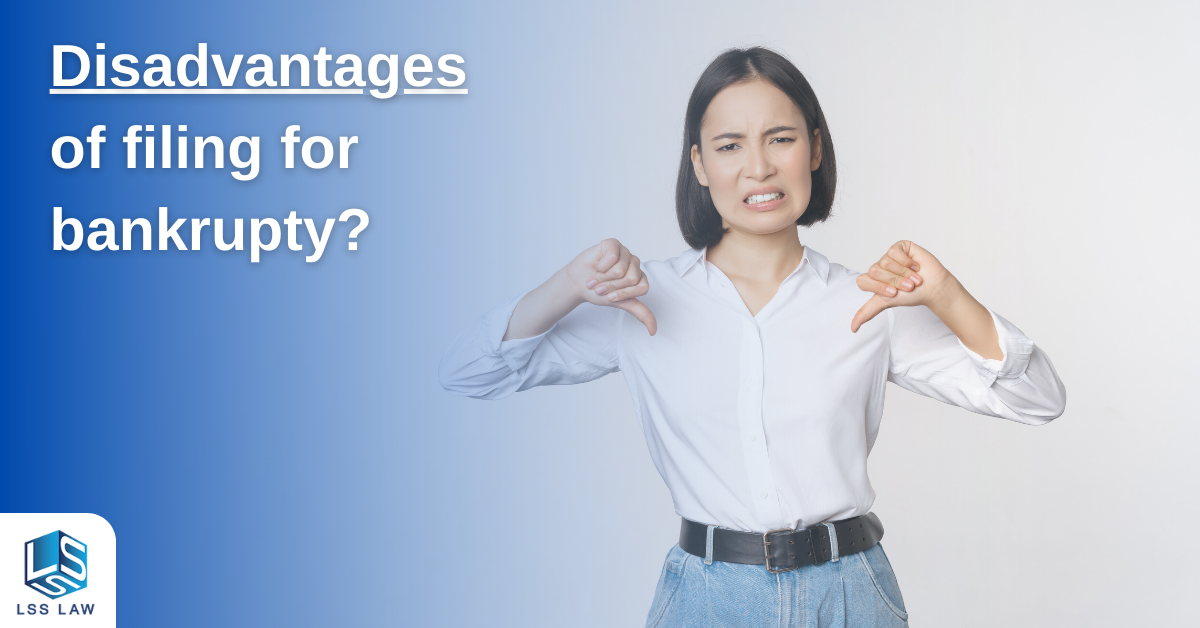
Many people wonder about their future finances and the disadvantages of filing for bankruptcy. Just like most answers to questions involving bankruptcy, it depends! Some of the general disadvantages include loss of personal property, temporary negative impacts on one’s credit score, and temporary limits on getting a mortgage or a personal loan. But for most people who file with a reputable bankruptcy attorney, bankruptcy becomes the fresh financial start that they’ve been needing.
Will I lose my home after filing for bankruptcy?
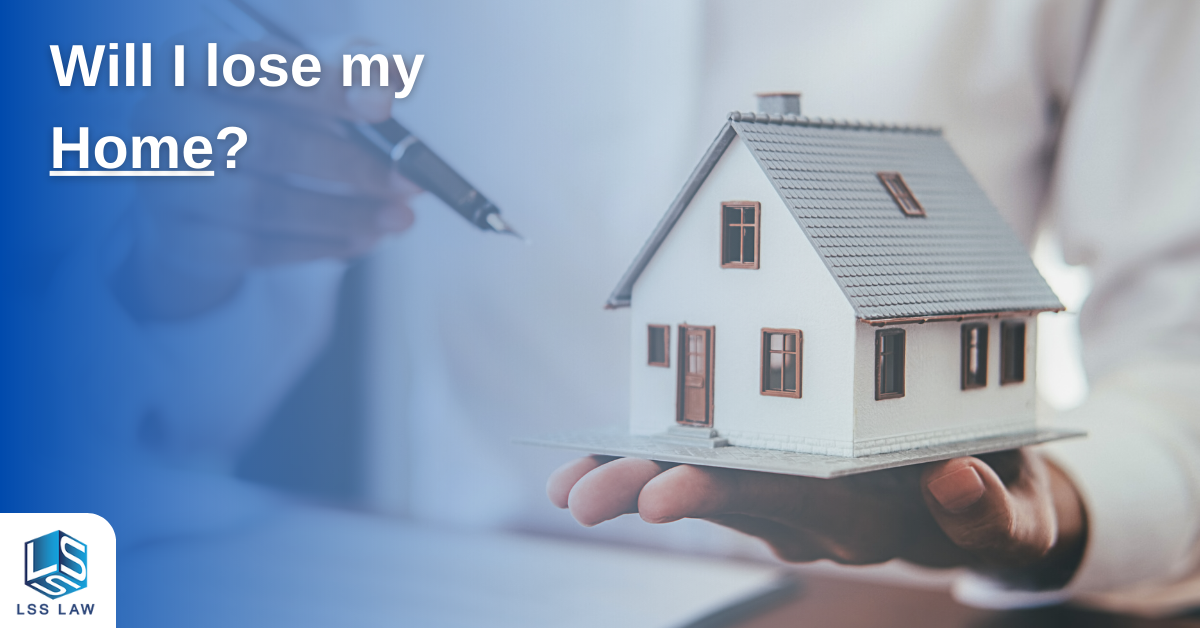
So, will you lose your home if you file for bankruptcy in South Florida? The short answer is — most of the time, no. Florida has what’s known as the “unlimited homestead exemption.” That means as long as you’ve purchased your home more than 1,215 days (3 1/2 years) before you filed, you’d keep all of the equity in your home. If you purchased your home before 1,215 days (3 1/2 years), your exemption is limited to $189,050.
What are the consequences of bankruptcy?
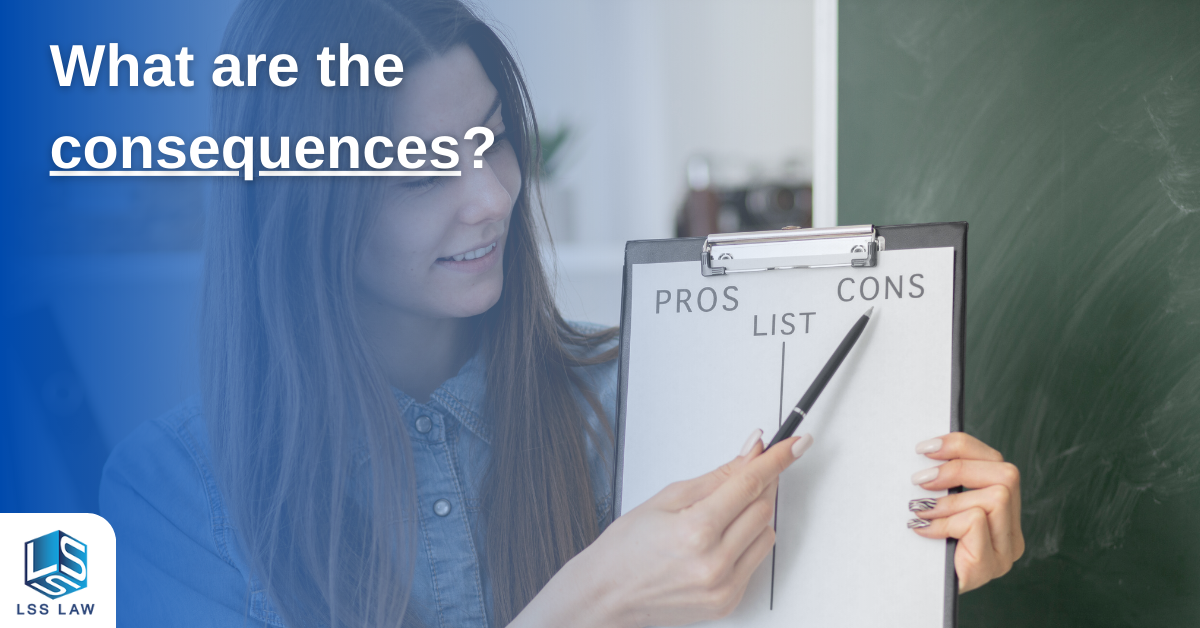
In many cases, the consequences of filing for bankruptcy are blown out of proportion because of the negative stigma surrounding bankruptcy. Depending on if you are filing Chapter 7 or Chapter 13, there are different consequences. One of the primary consequences of filing bankruptcy is how it negatively affects your credit score. While this is true, there is something that many of your creditors and credit counseling agencies won’t tell you. A year after most people have filed their bankruptcy case, most people end up having better credit versus when they filed. Just think about it. You’re getting rid of all the debt that’s weighing your credit score down and making room for the good habits to take effect and rebuild.
Can I get a credit card or personal loan after a bankruptcy filing?
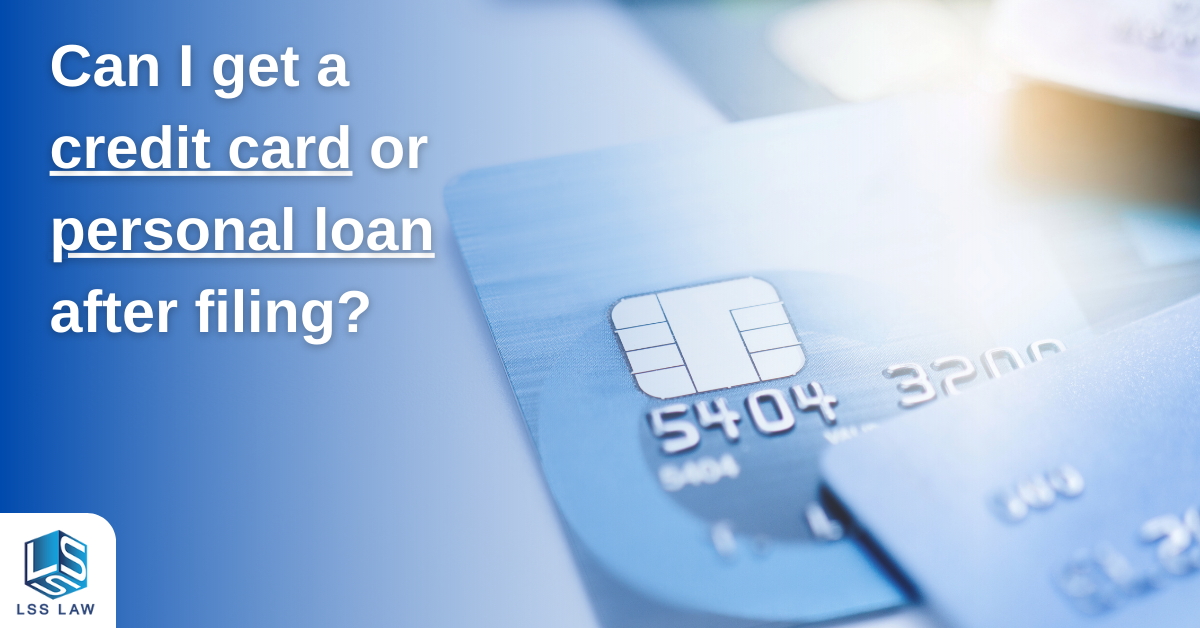
Yes, you’ll be able to get a credit card and a personal loan after you file for bankruptcy. In many cases, you’ll start seeing the credit card offers roll in immediately after you file. Make sure that you’re practicing safe financial habits to avoid the credit trap that forced you to file for bankruptcy in the first place.
